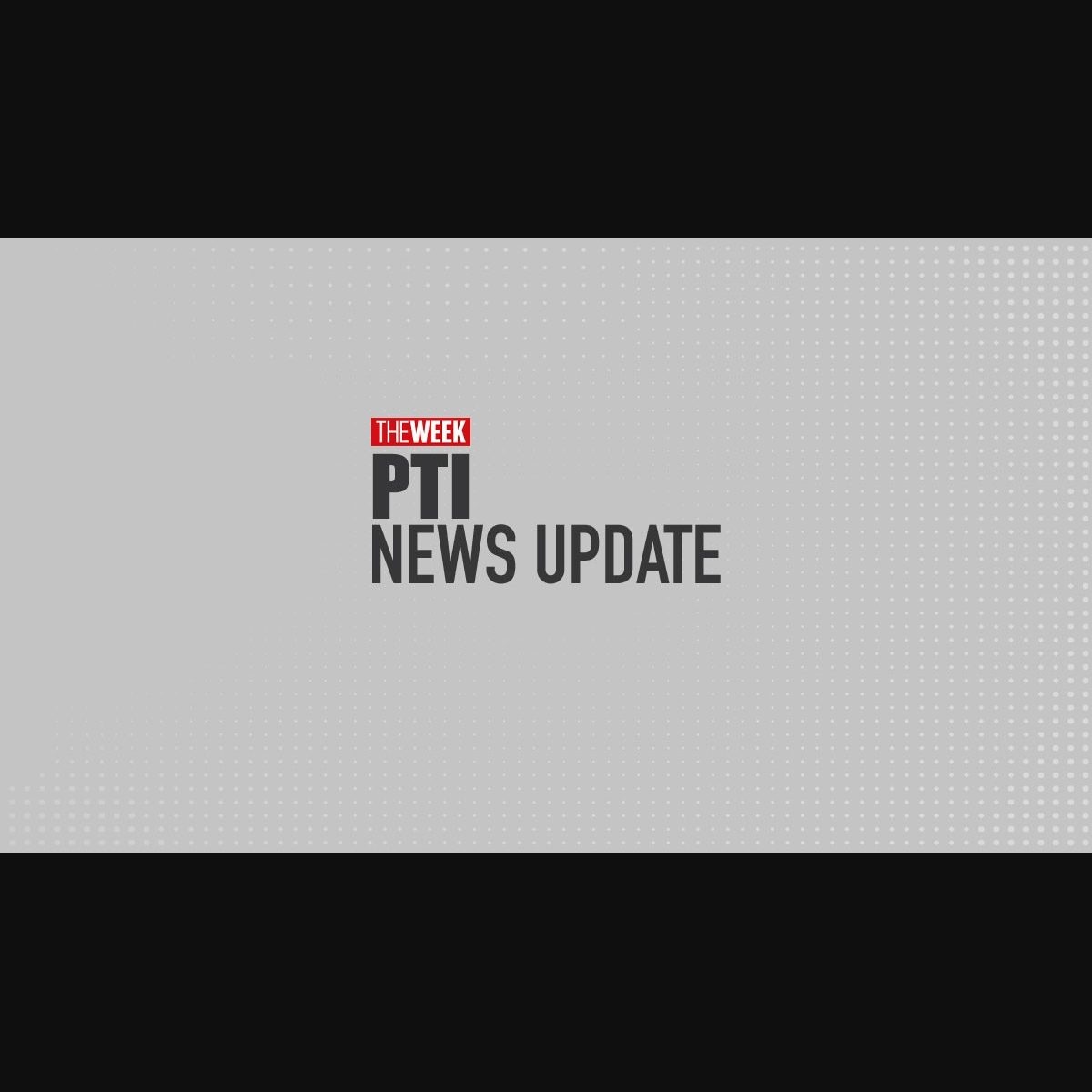
Bridging the DA Gap
Tripura Chief Minister Manik Saha has outlined the administration’s efforts to narrow the disparity in Dearness Allowance (DA) between central government employees and state government staff. Currently, central employees receive 53% DA, while state workers are granted 33%, creating a significant gap. Saha emphasized that his government has been actively working to address this imbalance, having allocated 29% DA to state employees over the past 29 months. This initiative reflects a commitment to equitable treatment of public sector workers, ensuring they are not left behind in terms of financial benefits. The chief minister’s remarks come amid ongoing debates about the fairness of DA distribution across different states and central ministries.
Opposition Criticism and Government Reforms
Saha criticized the opposition CPI(M) for its focus on ceremonial aspects of government operations, such as distributing appointment letters during public events. He highlighted that the previous Left Front government had a tradition of handling such processes from party offices, a practice the current administration has changed. This shift, according to Saha, signifies a move toward transparency and efficiency in public administration. Additionally, he pointed out that over 19,000 regular posts have been filled since the BJP’s governance began, underscoring the government’s focus on employment and administrative stability. The chief minister also addressed the issue of teacher layoffs, stating that the Supreme Court has validated the sacking of 10,323 teachers appointed illegally during the Left Front era.
Healthcare Transformation and Medical Infrastructure
The Tripura government has set ambitious goals to establish the state as a regional medical hub. Saha outlined plans to create medical, nursing, and paramedical colleges to address the shortage of skilled healthcare professionals. These institutions aim to reduce the reliance on referrals for critical treatments, ensuring that patients receive timely care within the state. The government has already introduced nine super-speciality branches at GBP Hospital & AGMC, and a state-of-the-art eye hospital is planned near Khejurbagan. Saha emphasized that these initiatives have led to a significant improvement in the state’s healthcare sector, positioning Tripura as a leader in medical services for the region.
Public Sector Reforms and Employment Policies
Saha’s administration has prioritized reforms to strengthen public sector employment and administrative efficiency. The government’s approach to distributing appointment letters during public events has been framed as a bold step to streamline processes and reduce bureaucratic delays. This method, he argued, contrasts with the previous regime’s practices, which he claimed were opaque and inefficient. The emphasis on filling 19,000 posts since the BJP took power highlights the government’s focus on job creation and workforce development. These measures are part of a broader strategy to enhance public service delivery and ensure that state employees are adequately supported through financial and institutional reforms.
Future Vision and State Development
Looking ahead, the Tripura government has outlined a vision for sustained development across key sectors. The emphasis on healthcare, education, and employment reflects a multi-pronged approach to improving the quality of life for citizens. Saha’s administration has also underscored the importance of transparency and accountability in public administration, as evidenced by its reforms in appointment processes and financial policies. By addressing disparities in DA and investing in critical infrastructure, the government aims to create a more equitable and efficient public sector. These efforts are expected to foster long-term economic growth and social stability in the state.




